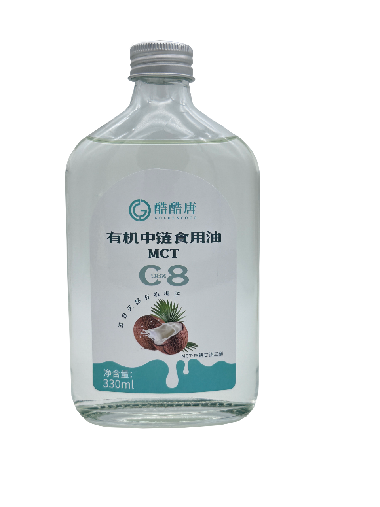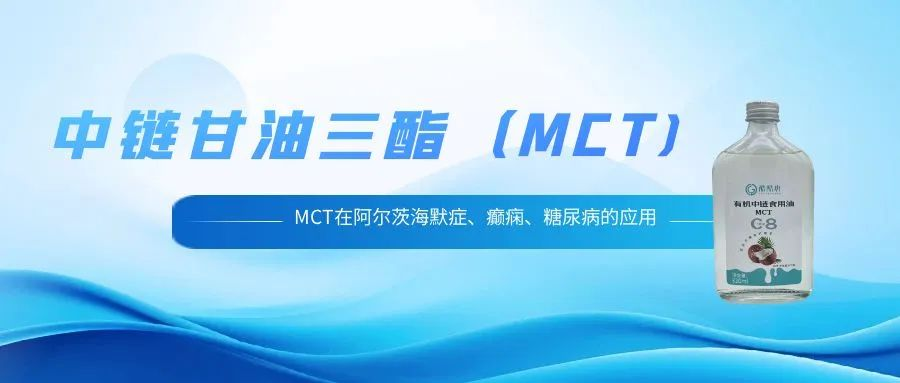
MCT Benefits in Alzheimer's, Epilepsy, Diabetes
|
Medium-chain triglycerides, or MCTs, are triglycerides formed by combining glycerol with medium-chain fatty acids containing 8-12 carbon atoms. MCTs are metabolized ten times faster than long-chain triglycerides (LCTs), providing quick absorption and energy. Each gram of MCT oil offers double the energy (8.3 kcal/g) of glucose. MCTs are used as a nutritional supplement to potentially improve conditions like epilepsy, Alzheimer's, diabetes, malabsorption, high cholesterol, fatty liver, pancreatitis, and chyle leaks. In these cases, MCTs act as specialized nutritional products, providing extra energy or meeting the needs of fat metabolism, with healthcare professionals recommending MCT intake for nutritional support. |
|
Epilepsy
Epilepsy is a long-term brain condition where abnormal electrical activity can cause seizures. It can affect people of all ages, but is more common in kids and older adults. Treatment options include medication, surgery, and lifestyle changes.

An article by Zhang Sai on May 19, 2023, shared a story about a 5-year-old with epilepsy who was having frequent seizures despite taking multiple medications( https://mp.weixin.qq.com/s/9YB7nOHOTLzd0gv5o12RXQ). Doctors tried a new approach by adding MCT supplements to the child's diet. After adding MCT, the seizures stopped, and the child remained seizure-free for 10 months.
The article explains how a high-fat, low-carb ketogenic diet, along with MCT supplements, can help control seizures in children with drug-resistant epilepsy. This treatment can work alongside traditional medications, offering protection for the brain and having minimal side effects.
Another article on the same accoun delves into the science behind MCT oil and its role in ketogenic therapy for epilepsy. Ketones from MCT oil have protective effects on the brain and can help prevent seizures, as seen in animal studies.
Alzheimer's Disease
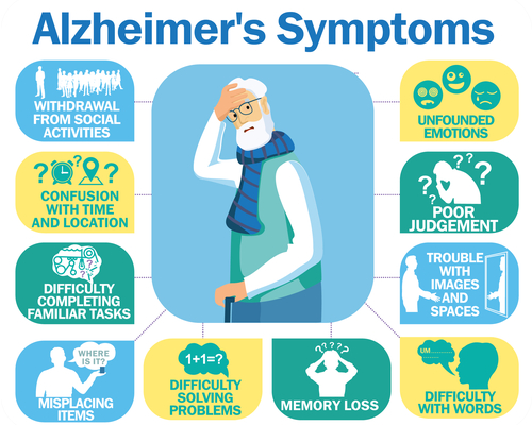
Alzheimer's disease is a type of dementia in the elderly, characterized by the degeneration of brain neurons and abnormal protein deposition, often presenting as memory loss and cognitive impairment. Impaired brain glucose and insulin metabolism are also common features of Alzheimer's disease. Intake of MCT can generate ketones in the body's metabolism, and these ketones can cross the blood-brain barrier to provide additional energy to the brain as an alternative source of glucose, potentially improving cognitive function in Alzheimer's disease patients.
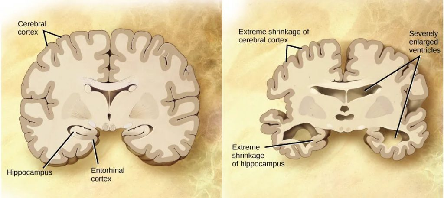
In a study published by Angela G [1] in December 2020 on the effects of MCT oil on Alzheimer's disease, there were 20 participants who were all mild to moderate Alzheimer's disease patients, with an average age of 72.6 years. 45% were female, and 70% had a university education. The experiment used the MMSE (a commonly used cognitive function assessment tool), Montreal Cognitive Assessment, and Cognigram® (a tool for assessing cognitive and intellectual status) to evaluate the participants' cognitive abilities. The experiment lasted for 15 months, during which Alzheimer's disease patients consumed an average of 25.2g of MCT oil per day while continuing their prescribed medications. 80% of the participants showed stable or improved cognitive performance (as shown in the graph), with those who took MCT oil for nine consecutive months performing even better in terms of cognition.
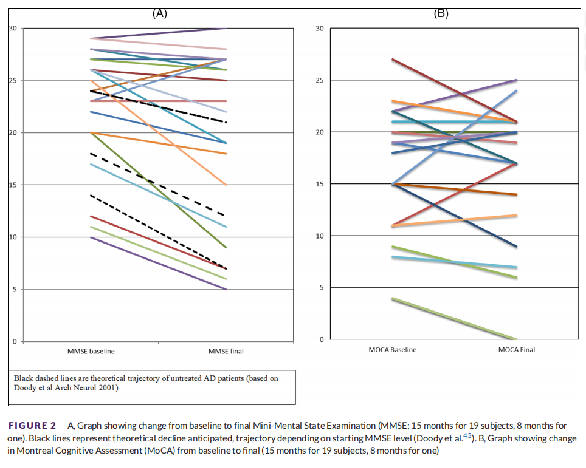
Diabetes
According to the latest statistics from the International Diabetes Federation, in 2021, there is one diabetic patient among every ten adults aged 20-79 globally, totaling 536.6 million people. It is projected that by 2045, this percentage will rise to 12.2% (783.2 million)[2]. Diabetes is a metabolic disease characterized by high blood sugar levels due to defects in insulin secretion, insulin action, or both[3].Diabetes is typically classified into type 1 or type 2 diabetes based on its cause. In type 1 diabetes, destruction of pancreatic beta cells leads to an absolute lack of insulin. Type 2 diabetes is the most common type, accounting for 90% to 95% of diabetes cases, commonly seen in the elderly, characterized by varying degrees of insulin resistance and insufficient compensatory increase in insulin secretion.

In a study published by Jian Rong Han[4] in 2007 on the impact of MCT oil on weight loss and insulin resistance in moderately overweight type 2 diabetes patients in China, 40 participants were randomly divided into two groups. One group consumed MCT oil while the other group consumed long-chain triglycerides (corn oil) as a control, without informing the experimenters of the type of oil. Both groups consumed 18 grams of oil daily to replace their usual oil intake for 90 days. Data on participants' weight, waist circumference, and serum samples were collected at 0, 45, and 90 days. The results showed that the MCT group experienced reductions in weight and waist circumference over time, an increase in serum C-peptide concentration, a decrease in insulin resistance as assessed by a steady-state model, and a decrease in serum cholesterol levels. These changes were not observed in the long-chain triglyceride group. The study suggested that MCT oil, which can rapidly provide energy, may have beneficial effects on moderately overweight type 2 diabetes patients.
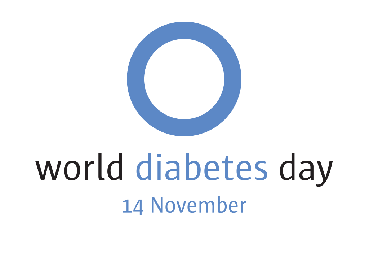
MCT's role in diabetes
 |
 |
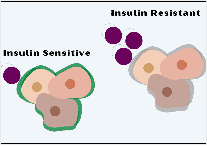 |
 |
|
Boost Energy Lower insulin needs |
Curb Appetite Control weight and blood sugar |
Improve Insulin Sensitivity Control blood sugar |
Reduce Fat Enhance fat burning,prevent diabetes complications |
References:
[1]Use of medium chain triglyceride (MCT) oil in subjects with Alzheimer’s disease: A randomized, double-blind, placebo-controlled, crossover study, with an open-label extension
[2]Global, regional and country-level diabetes prevalence estimates for 2021 and projections for 2045.
[3]American Diabetes Association. Diagnosis and classification of diabetes mellitus.
[4]Effects of dietary medium-chain triglyceride on weight loss and insulin sensitivity in a group of moderately overweight free-living type 2 diabetic Chinese subjects
[5]Effects of dietary medium-chain triglyceride on weight loss and insulin sensitivity in a group of moderately overweight free-living type 2 diabetic Chinese subjects



